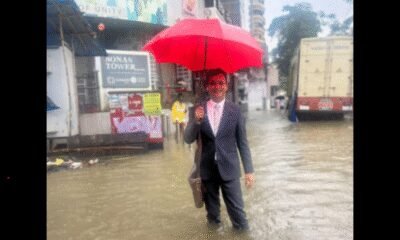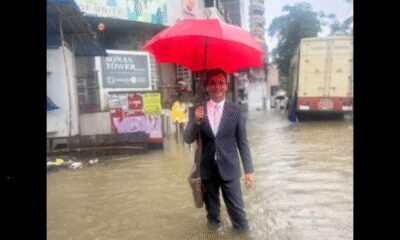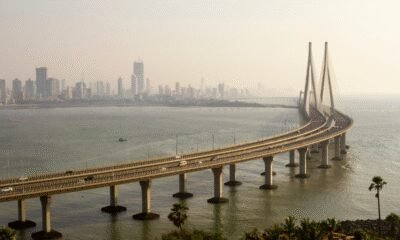Travel Guides & Articles
Switch without a hitch: 34 metro networks to integrate with 39 suburban stations | Mumbai news
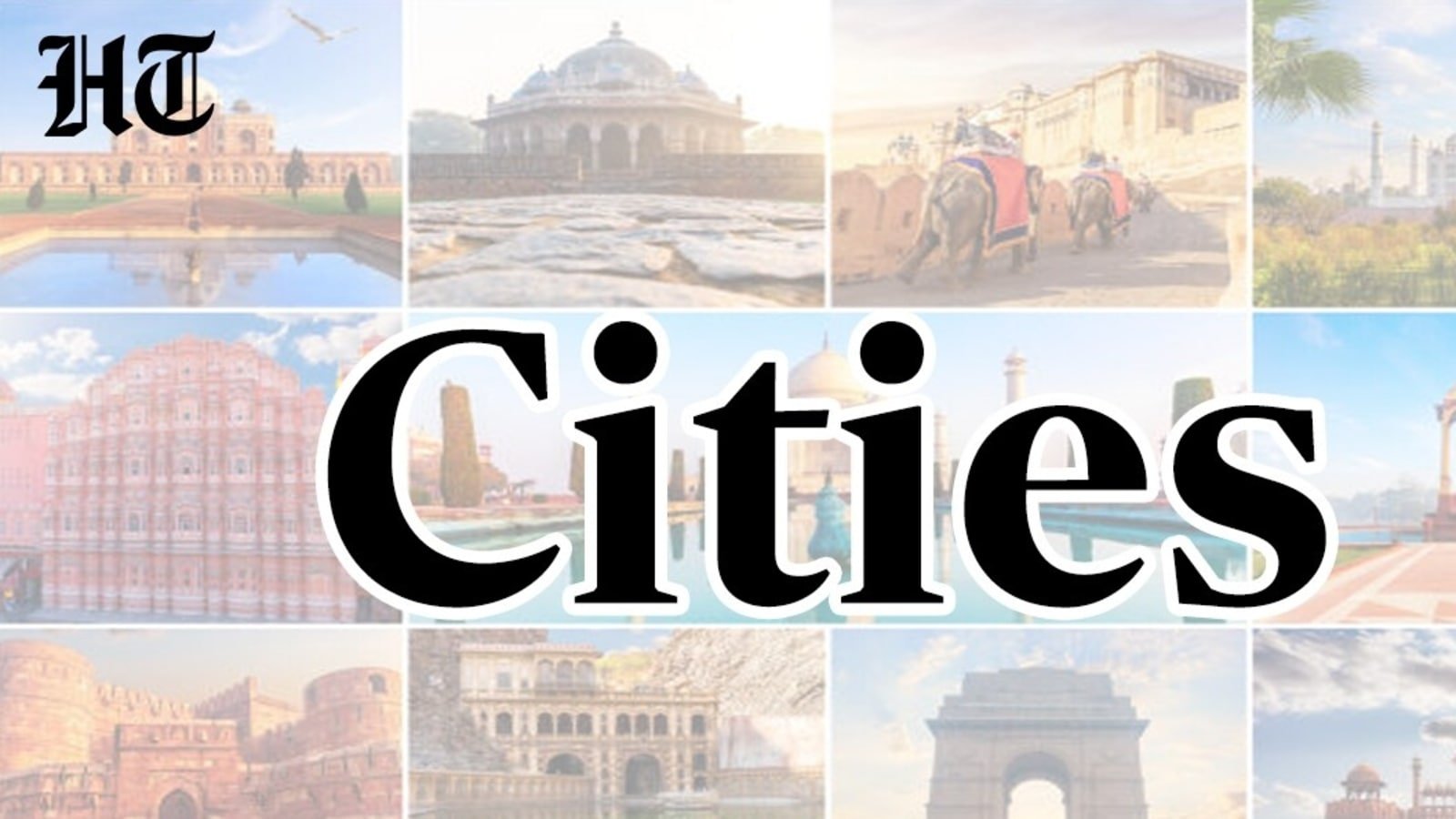
MUMBAI: A plan to link the city’s suburban railway stations with the expanding metro network is beginning to take shape. The integration will let Mumbaikars switch seamlessly between suburban trains, metros, monorails, buses and even pod taxis, potentially cutting travel times, easing crowding, and improving daily travel comfort.
The Mumbai Metropolitan Region Development Authority (MMRDA), in coordination with Indian Railways and other state agencies, has identified 34 metro stations — both operational and under construction — that will be integrated with 39 suburban railway stations on the Central Railway (CR) and Western Railway (WR) corridors. The integration will also extend to the Monorail and the proposed pod taxi system at the Bandra-Kurla Complex (BKC).
A joint committee of officials from Indian Railways and state agencies has been formed to oversee this Multi Modal Integration (MMI) programme. The first meeting, to be held later this month at Central Railway’s headquarters at CSMT, will discuss station redesigns, passenger handling capacity, and lessons from poorly planned interchanges.
“Multimodal integration is the backbone of efficient public transportation. We have mapped out several metro stations for seamless connection with suburban rail, and are also working on links to large commercial spaces to improve last-mile connectivity,” said Dr Sanjay Mukherjee, metropolitan commissioner, MMRDA.
Key integrations planned
The blueprint covers 14 stations on WR and 22 on CR, plus a new proposed suburban station near Thane. The BKC pod taxi system will link both Kurla West and Bandra East stations, while Sant Gadge Maharaj Chowk Monorail station will connect to Mahalaxmi station on WR.
Railway officials say the focus will be on preventing congestion and bottlenecks. “We’ve seen the drawbacks of unplanned connectivity at Ghatkopar and Andheri, where queues for the Metro spill over onto railway foot overbridges. This time, we want advanced planning and adequate holding areas,” said a senior railway official.
Work is already underway at some locations — for example, Ghatkopar is adding two new concourses to improve interchange movement. Station upgrades will include larger elevated decks, wider footpaths, designated parking for buses and autos, better pedestrian crossings, improved signages, and smoother road junctions within a 500-metre radius of the stations.
A detailed passenger footfall study will be conducted to understand travel patterns, peak-hour loads, and the scale of interchange facilities needed. “Simply building a foot overbridge will not work anymore. The infrastructure must be designed for the volume we expect once two mass transit systems meet,” an official said.
Travel Guides & Articles
These Are The Best Whale Watching Spots In India – Travel and Leisure Asia

These Are The Best Whale Watching Spots In India Travel and Leisure Asia
Source link
Travel Guides & Articles
Heavy Rains Lash Gurugram, Noida, Ghaziabad; Schools, Offices Closed, Airlines Issue Travel Advisory
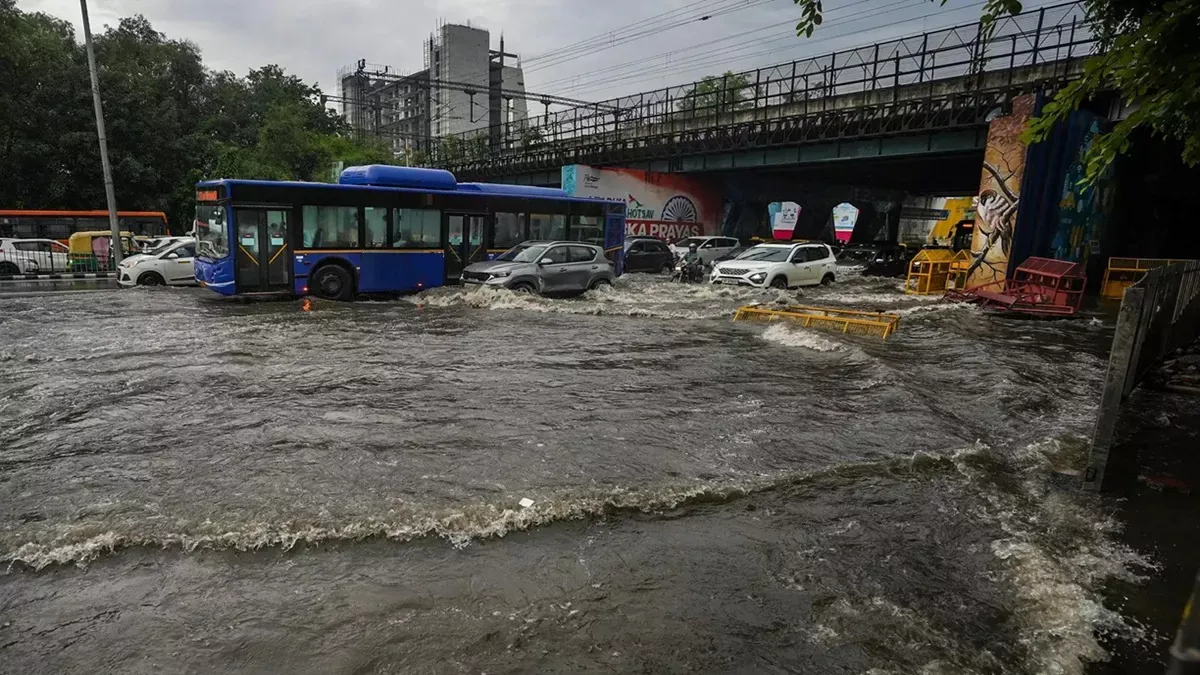
Delhi-NCR Weather: The India Meteorological Department (IMD) has issued a heavy rainfall alert for Delhi-NCR, including Noida, Gurugram, and Ghaziabad, as relentless monsoon showers continue to lash northern India. Today’s weather forecast for Delhi warns of intense downpours throughout the day.
02/09/2025: 05:25 IST; Light to moderate rainfall is very likely to occur at Barwala, Jind, Mahendargarh, Rewari, Narnaul, Bawal, Nuh (Haryana) Saharanpur, Deoband, Muzaffarnagar, Bijnaur, Pilakhua, Hapur, Gulaoti, Sikandrabad, Bulandshahar, Shikarpur, Pahasu (U.P.) Bhiwari,
— RWFC New Delhi (@RWFC_ND) September 1, 2025
In Gurugram, heavy rains have triggered severe waterlogging and massive traffic jams, with reports of a 7-kilometre-long traffic snarl. The District Disaster Management Authority (DDMA) has issued an orange alert for the city, advising the closure of all schools, colleges, and offices, and encouraging work-from-home arrangements.
Meanwhile, Noida and Ghaziabad are also experiencing heavy rainfall. The IMD’s weather alert extends to Himachal Pradesh and Uttarakhand, where a red alert has been issued due to the risk of flash floods and extremely heavy rainfall. Punjab and Jammu & Kashmir remain under an orange warning. As per today’s forecast, schools and offices in affected regions are expected to remain closed to ensure public safety.
Travel Advisory
🚧⛈Heads up, #Delhi travellers!
Due to today’s downpour, several roads across #Delhi are currently blocked or experiencing slow movement.
Please allow extra time, take an alternate route if possible, and check your flight status on our website or app before…
— IndiGo (@IndiGo6E) September 1, 2025
Air India also issued a passenger advisory: ” Rain may impact flight operations to and from Delhi today. Please check your flight status here https://airindia.com/in/en/manage/flight-status.html before heading to the airport and allow extra time for your journey to the airport.”
Rain may impact flight operations to and from Delhi today.
Please check your flight status here https://t.co/5vemTROi62 before heading to the airport and allow extra time for your journey to the airport.
— Air India (@airindia) September 1, 2025
Delhi-NCR Rains: Avoid These Routes In Gurugram
Many parts of Gurugram experienced severe waterlogging on Monday following hours of continuous rain. Commuters reported flooding at major junctions including Hero Honda Chowk, Sohna Road, Narsinghpur stretch on NH-48, IFFCO Chowk, and Sectors 29 and 31. Traffic crawled along Golf Course Road and MG Road due to knee-deep water. Authorities have urged residents to avoid flood-prone areas during peak hours and to opt for alternate routes or work-from-home options where possible.
Delhi-NCR Rains: Are Schools, Offices Open In Gurugram Today?
Gurugram recorded over 100 mm of rainfall between 3 PM and 7 PM on September 1. In response to IMD’s orange alert, the District Disaster Management Authority has directed the closure of all offices on Tuesday (September 2), advising businesses to allow employees to work from home.
#Advisory – District Disaster Management Authority, Gurugram ⚠️
🌧️ Gurugram recorded over 100 mm of rainfall today (01 Sept, 3 PM – 7 PM).
📢 IMD Forecast: Orange Alert – Heavy to Very Heavy Rainfall on 02 Sept 2025.👉 Instructions issued:
All corporate & private offices in… pic.twitter.com/0XoVqXdbEJ
— DIPRO Gurugram (@diprogurugram1) September 1, 2025
All schools in the district have also been advised to conduct online classes on Tuesday, September 2, 2025.
Travel Guides & Articles
The slow train from North Korea: How Kim Jong-un is travelling to China
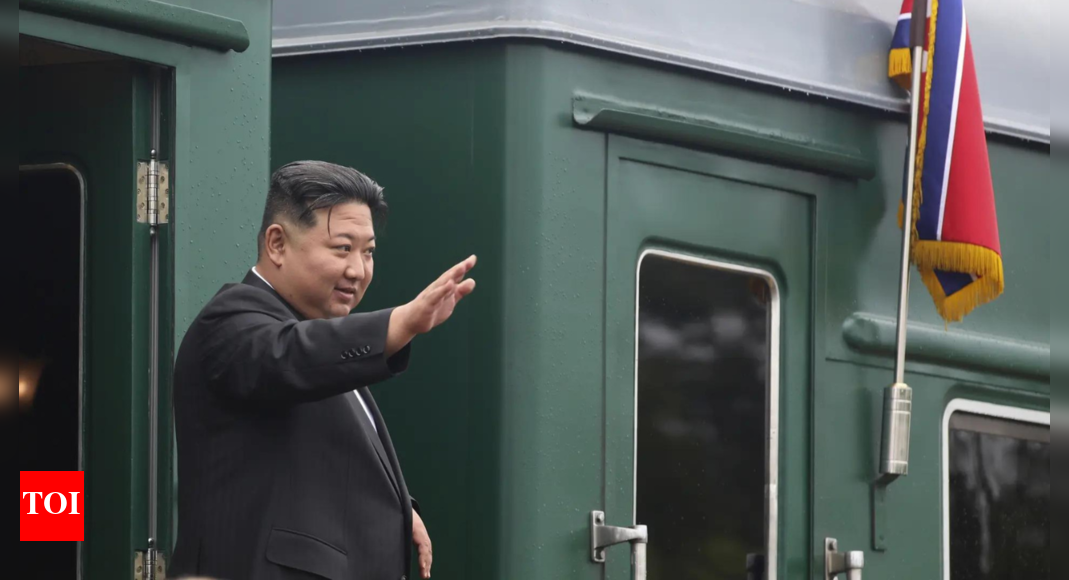
SEOUL: North Korea’s Kim Jong-un left Pyongyang by train on Monday on his way to Beijing, Yonhap news agency reported, relying on a slow but specialised form of transport that the country’s leaders have used for decades.It was not clear which train he used, but in the past he has used bulletproof trains that offer a safer and more comfortable space for a large entourage, security guards, food and amenities, and a place to discuss agendas ahead of meetings, experts say. Since becoming the head in late 2011, Kim has used a train to visit China, Vietnam, and Russia.It is unclear how many trains North Korean leaders have used over the years, but Ahn Byung-min, a South Korean expert on North Korean transportation, has said multiple trains were needed for security reasons.Ahn said those trains have 10 to 15 carriages each, some of which are used only by the leader, such as a bedroom, but others carry security guards and medical staff. They also usually have space for Kim’s office, communications equipment, a restaurant, and several car transportation carriages for two armoured Mercedes, he added.A video released in 2018 by North Korean state TV showed Kim meeting with top Chinese officials in a wide train car ringed with pink couches. The video also showed the carriage housing Kim’s office, with a desk and chair, and a map of China and the Korean peninsula.In 2020, state TV footage showed Kim riding a train to visit a typhoon-hit area, offering a glimpse of a carriage decorated with flower-shaped lighting and zebra-printed fabric chairs.When Kim Jong-un took the train to Russia, including in 2023 for a summit with President Putin, its wheel assemblies had to be reconfigured at a border station because the two countries use different rail gauges, Ahn said.While there is no such requirement for China, a Chinese locomotive pulls the train once it crosses the border, because a local engineer knows the rail system and signals, said Kim Han-tae, a South Korean former train engineer.Ahn noted the serial numbers were either 0001 or 0002, suggesting China was providing him with engines reserved for the most senior officials. The train can reach speeds of up to 80kms/hr on China’s network, compared with a maximum of about 45kms/ hr on North Korea’s tracks, Ahn said. North Korea’s founding leader, Kim Il Sung, Kim’s grandfather, travelled abroad by train regularly until his death in 1994.(Taken from Reuters)
-

 Business3 days ago
Business3 days agoThe Guardian view on Trump and the Fed: independence is no substitute for accountability | Editorial
-
Tools & Platforms3 weeks ago
Building Trust in Military AI Starts with Opening the Black Box – War on the Rocks
-

 Ethics & Policy1 month ago
Ethics & Policy1 month agoSDAIA Supports Saudi Arabia’s Leadership in Shaping Global AI Ethics, Policy, and Research – وكالة الأنباء السعودية
-

 Events & Conferences3 months ago
Events & Conferences3 months agoJourney to 1000 models: Scaling Instagram’s recommendation system
-

 Jobs & Careers2 months ago
Jobs & Careers2 months agoMumbai-based Perplexity Alternative Has 60k+ Users Without Funding
-

 Funding & Business2 months ago
Funding & Business2 months agoKayak and Expedia race to build AI travel agents that turn social posts into itineraries
-

 Education2 months ago
Education2 months agoVEX Robotics launches AI-powered classroom robotics system
-

 Podcasts & Talks2 months ago
Podcasts & Talks2 months agoHappy 4th of July! 🎆 Made with Veo 3 in Gemini
-

 Podcasts & Talks2 months ago
Podcasts & Talks2 months agoOpenAI 🤝 @teamganassi
-

 Mergers & Acquisitions2 months ago
Mergers & Acquisitions2 months agoDonald Trump suggests US government review subsidies to Elon Musk’s companies


